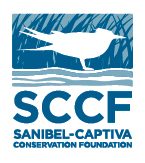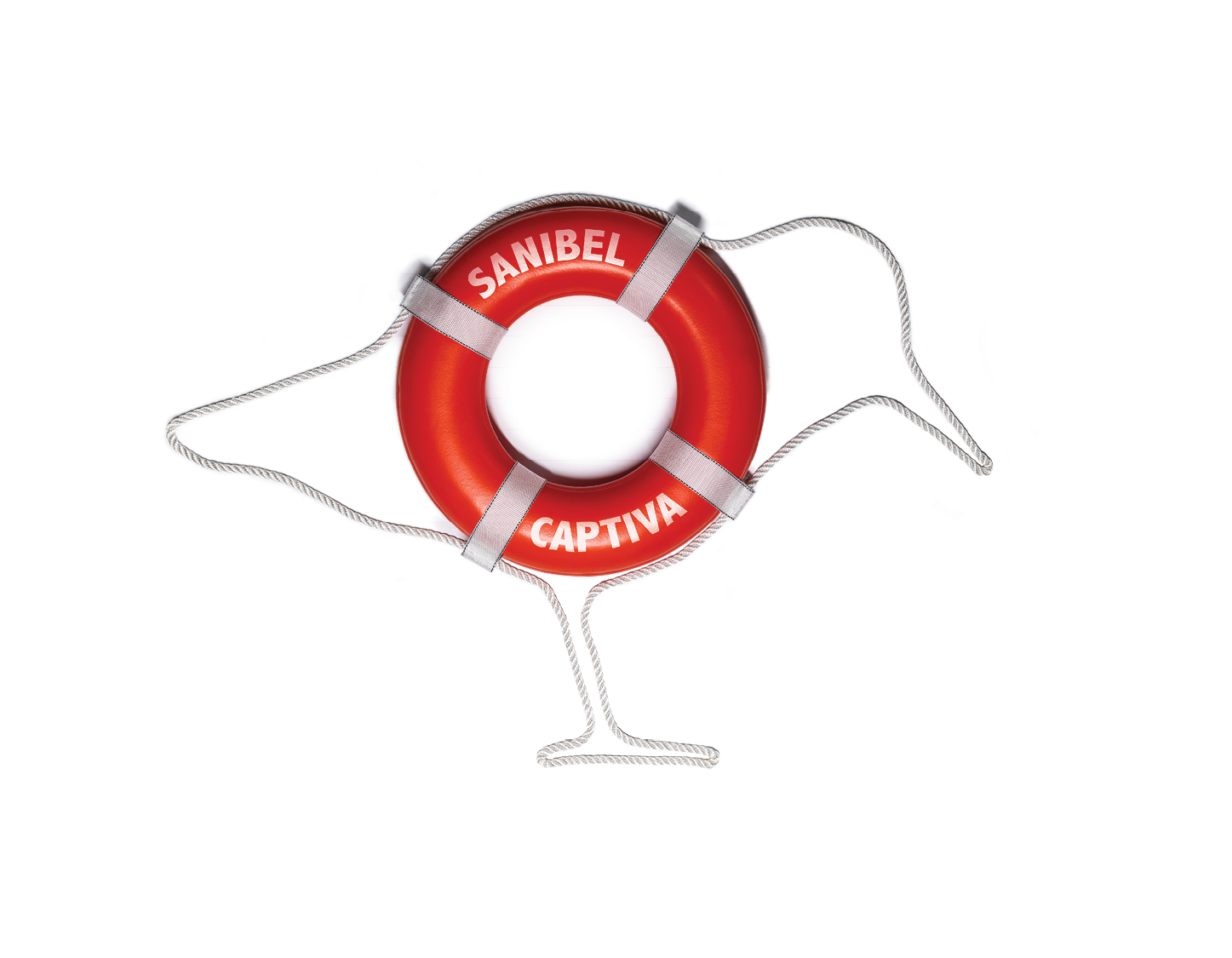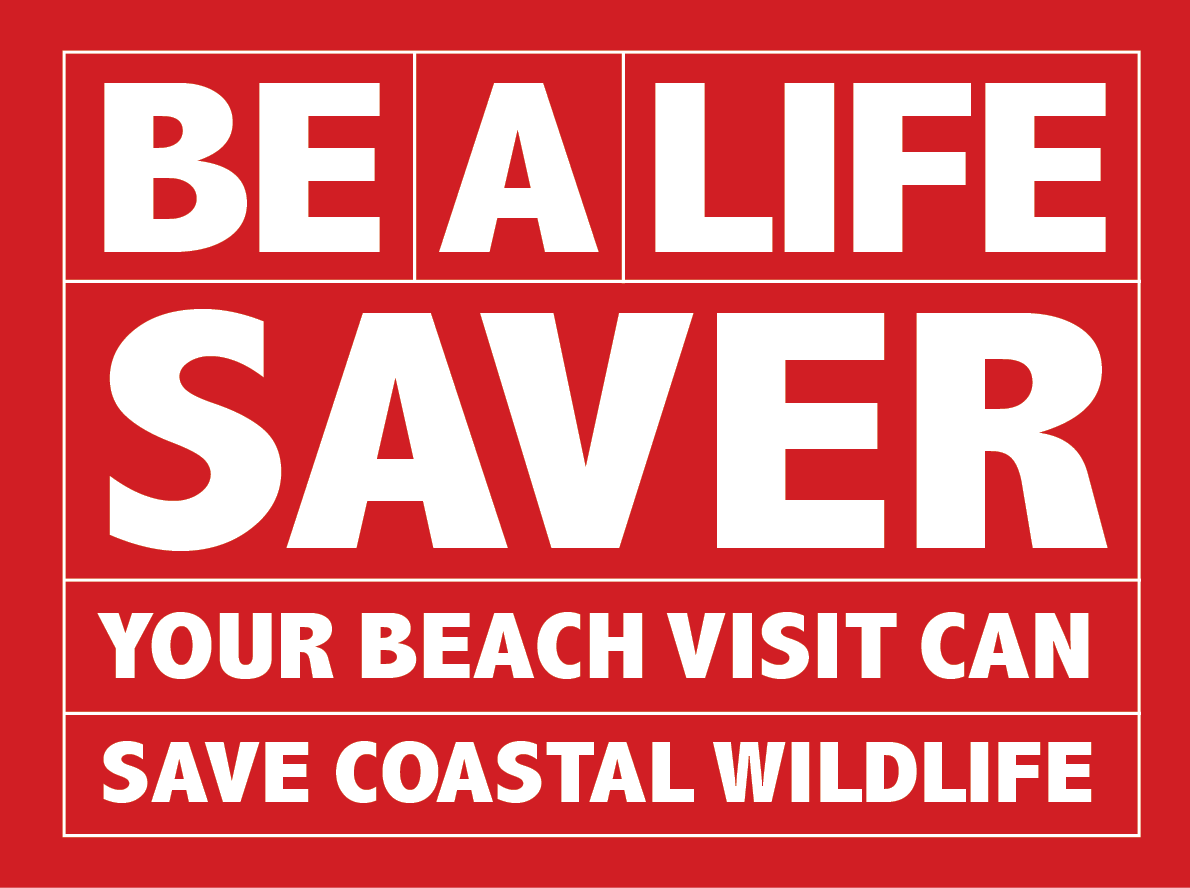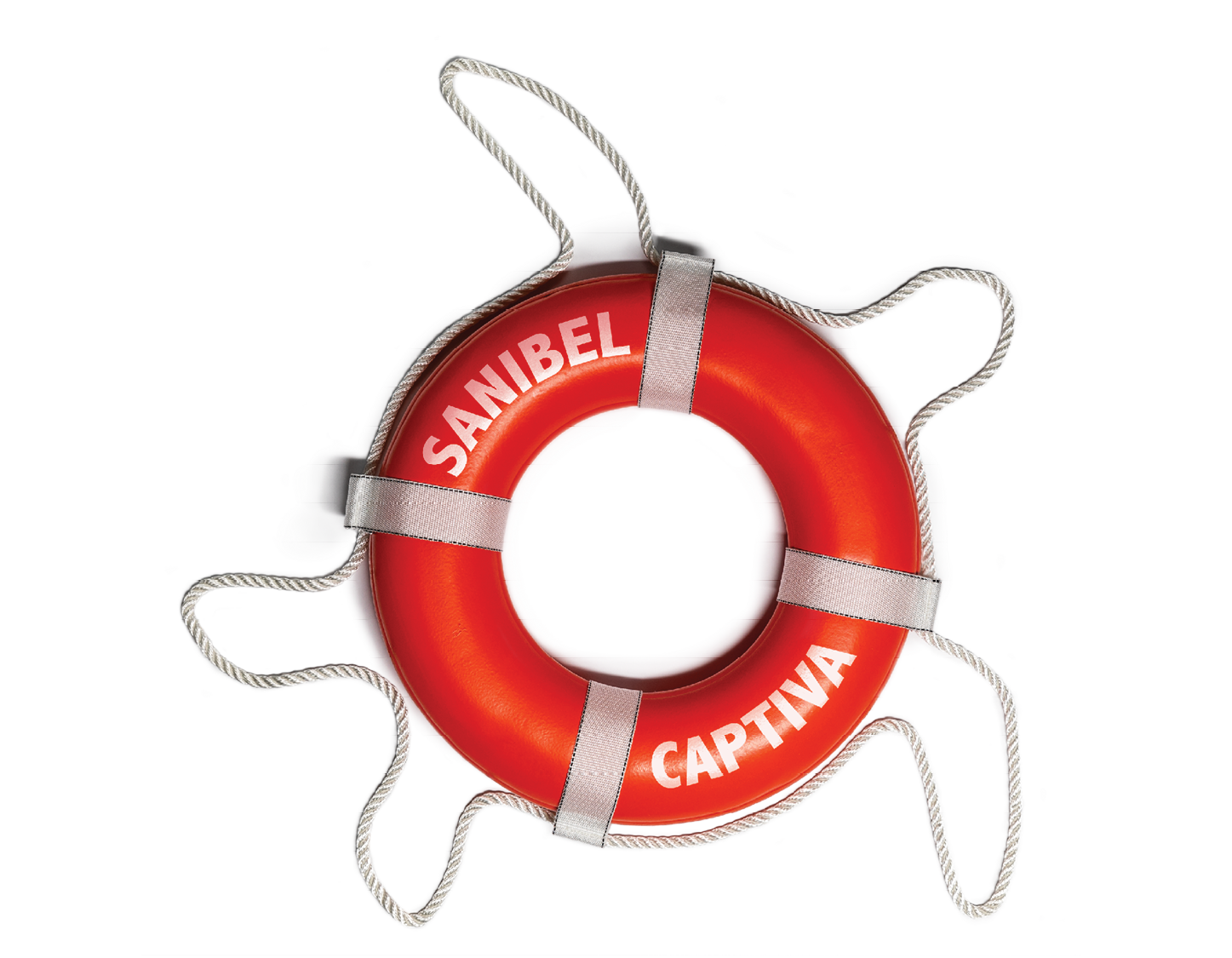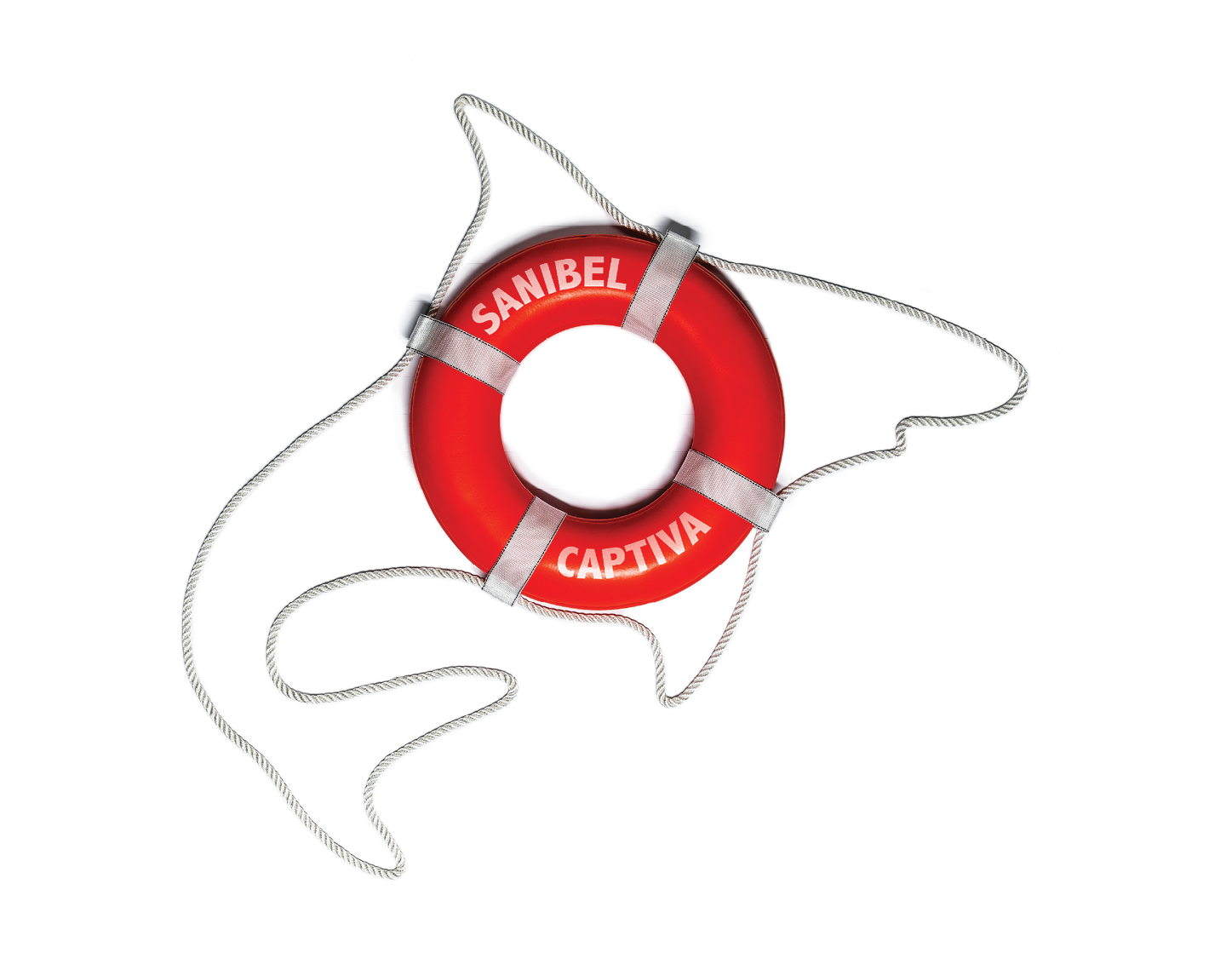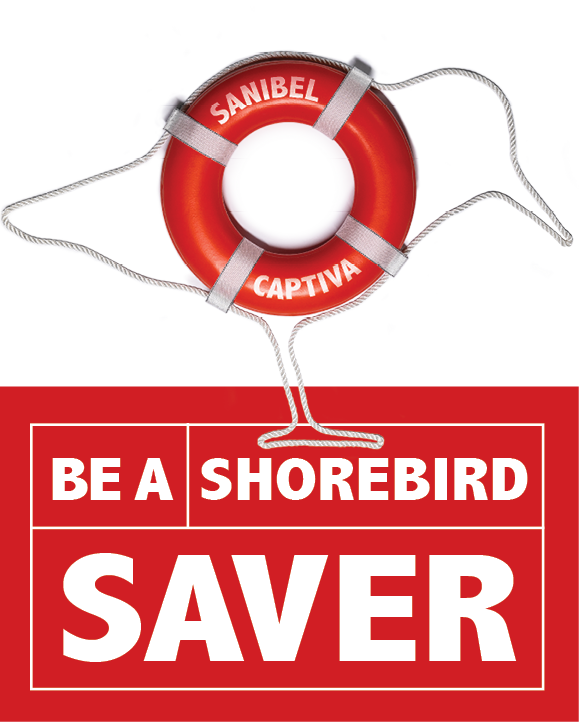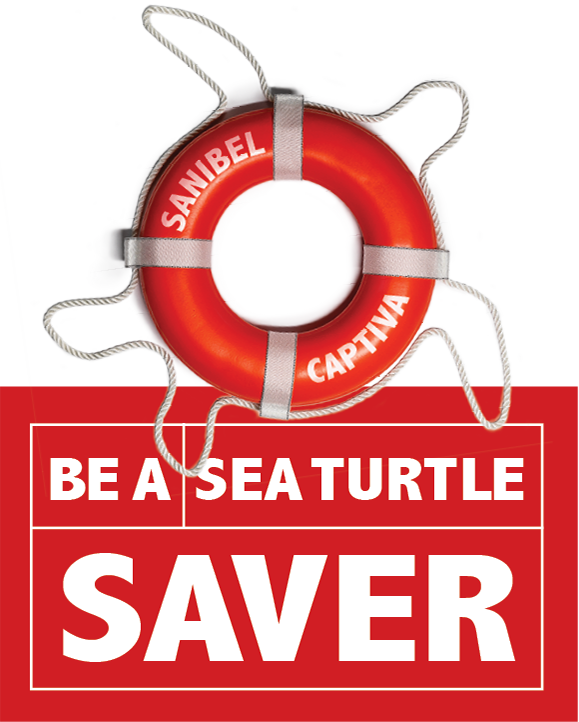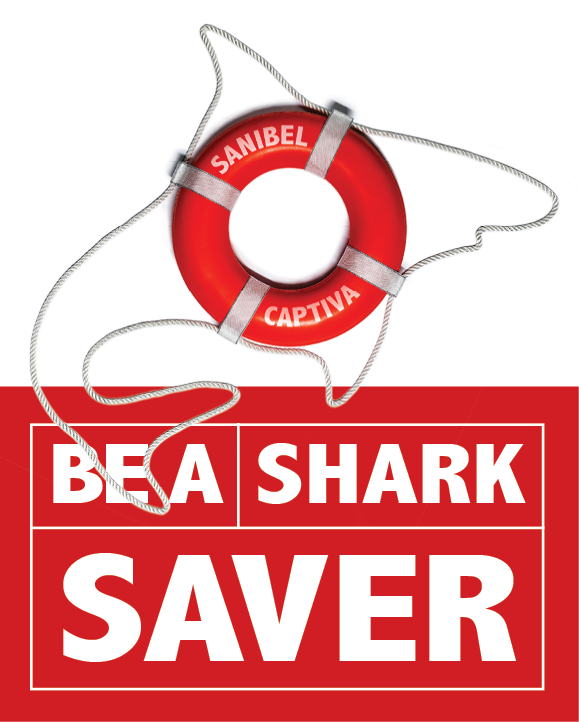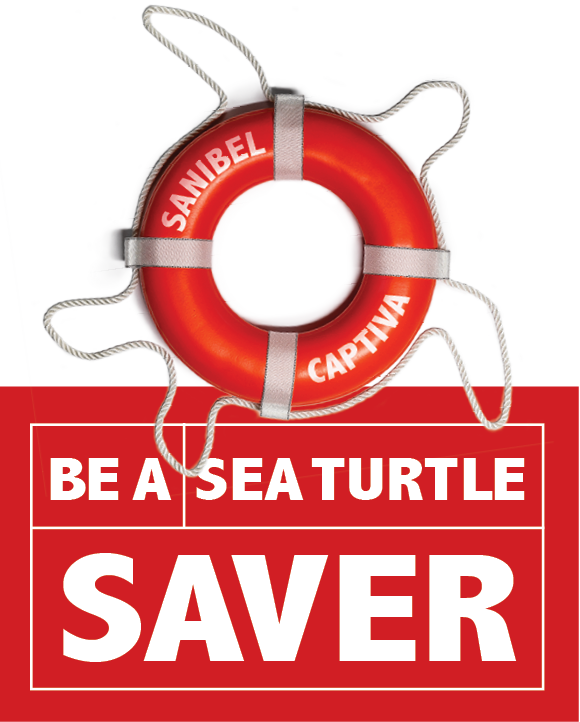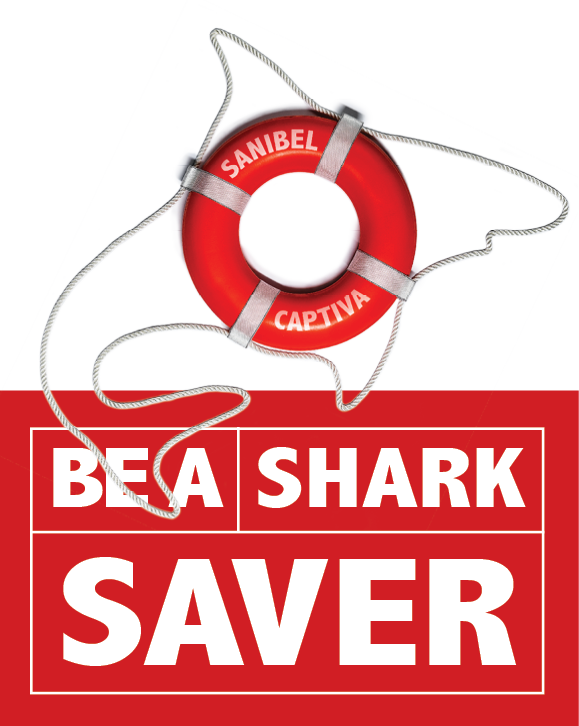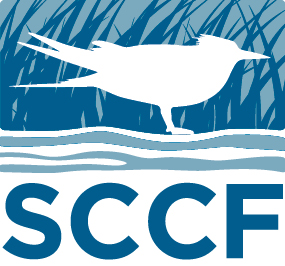ENJOY OUR ISLANDS AND PROTECT WILDLIFE AT THE SAME TIME!
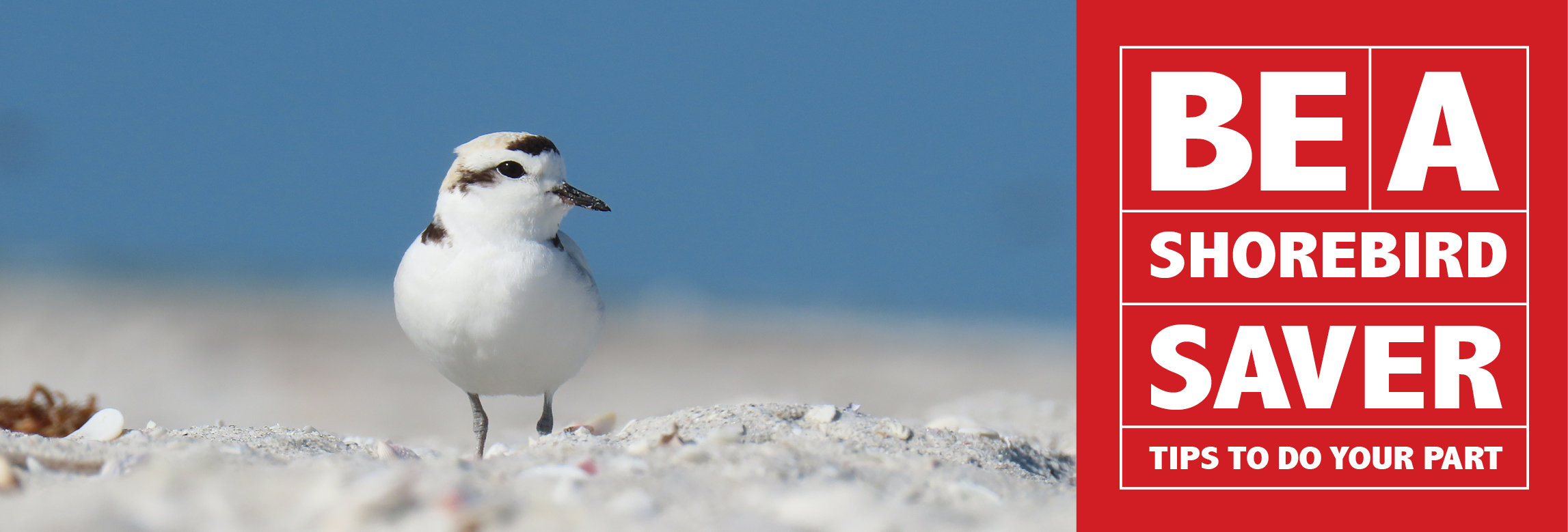

Off-leash dogs can sniff out and destroy nests, kill chicks, and disturb migrating birds. Keep even the most well-behaved pets leashed at all times on the beach.

Shorebirds rely on our natural island habitat for safety, but human interactions can cause stress and exhaustion. Walk around birds to avoid flushing them and never chase birds for fun or for photos.

Not only does litter attract predators, but improperly discarded trash and fishing line can become deadly as shorebirds ingest or become entangled by it. Always put trash and unwanted fishing line in the bin where it belongs.
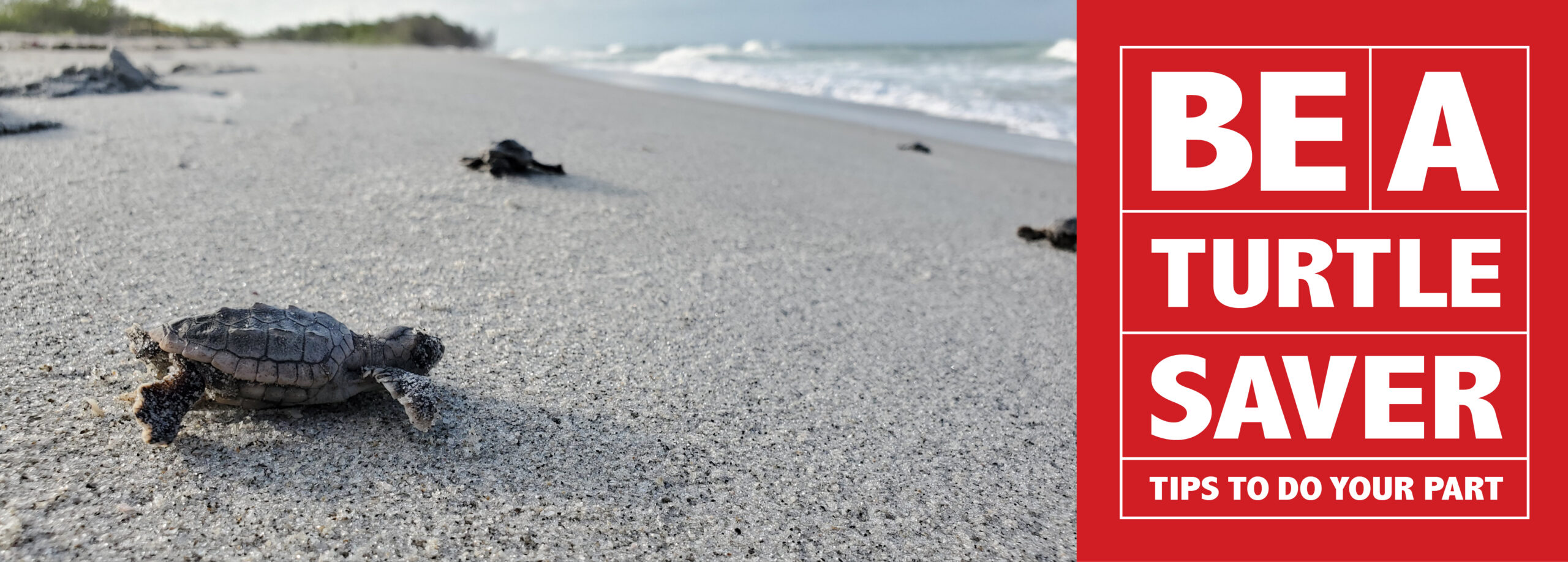

Sea turtle hatchlings use the light of the night sky to find the water, but artificial lights can lead them astray. Turn off or shield any lights visible from the beach and never use flashlights or cell phone lights on the beach during nesting season. If necessary, use only approved amber or red LED bulbs.

Sea turtle hatchlings emerge overnight and crawl to the Gulf. Help ensure these babies make it to the water alive by filling in holes that could trap turtles, flattening sandcastles, and removing all furniture, gear, and toys at the end of the day.

When sea turtles lay eggs on our beaches, we mark and cover the nests with special screens. Please do not to get too close, shine lights on, or take flash photos of nesting sea turtles.
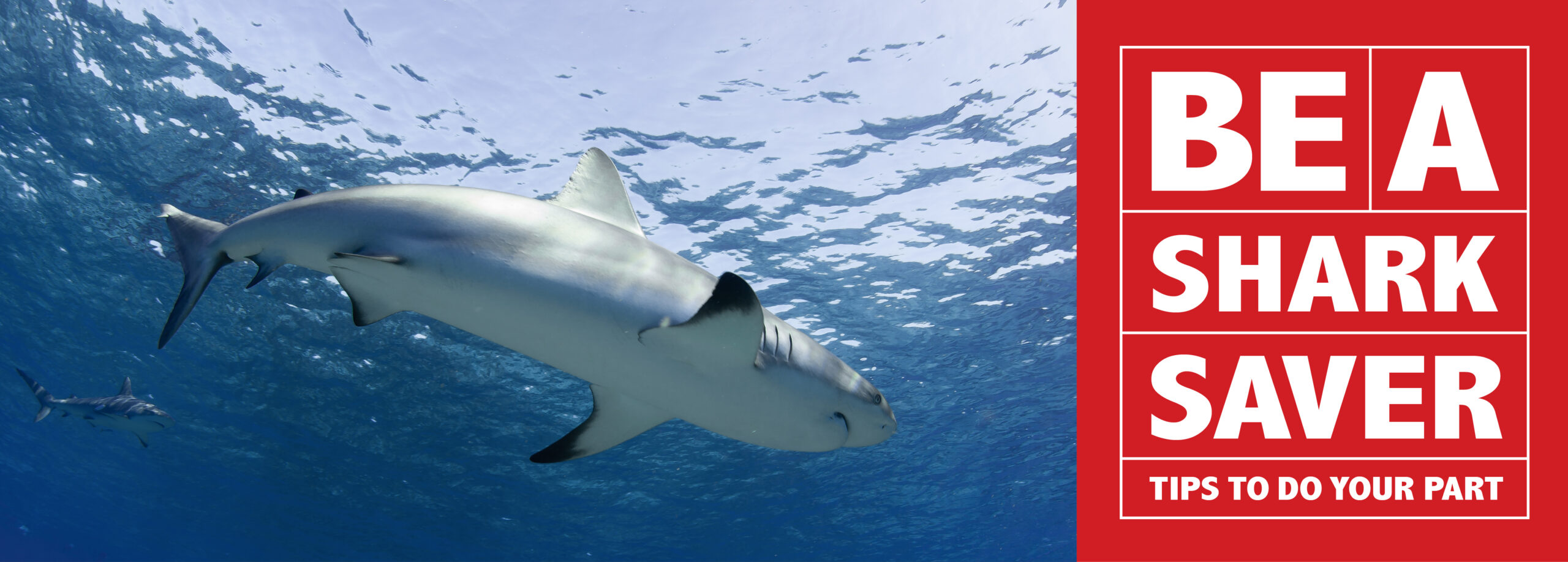

Sharks lack ribcages that protect their major organs and removal from the water increases the force of gravity on these organs, which can cause fatal damage. Keep the shark in the water with its gills submerged while you safely unhook it.

You can increase a shark’s chance for survival by releasing it quickly. Always bring required tools for quickly removing or cutting the leader or hook, and never delay a shark’s release to take photos.

Fighting a shark to exhaustion drastically increases the likelihood that it will die shortly after being released. It is critical to minimize fighting time while reeling in a shark.
